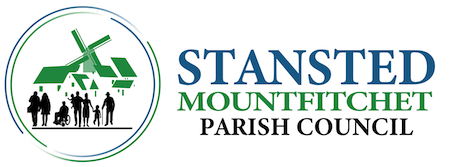Defibrillators are available 24/7 at the following locations around Stansted Mountfitchet.
Defibrillator locations in and around Stansted
TouchPoint, 72 Chapel Hill, CM24 8AX
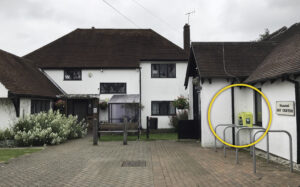
Stansted Tennis Club, Cambridge Road, CM24 8BX
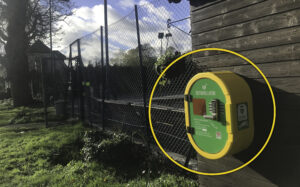
The Bowls Club, The Recreation Ground, CM24 8BD
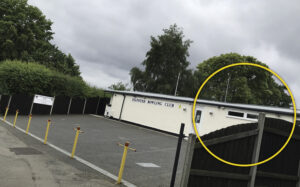
Lower Street Telephone Box, CM24 8LP
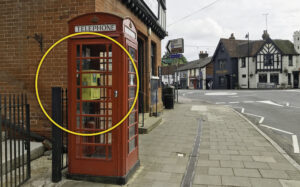
The Surgery, Castle Maltings, CM24 8XG
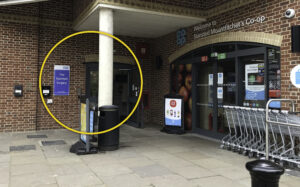
The Romeera Leisure Centre in Forest Hall Road CM24 8TZ
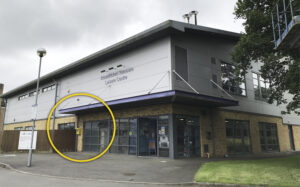
The Rose & Crown Public House, Bentfield Green, CM24 8HX
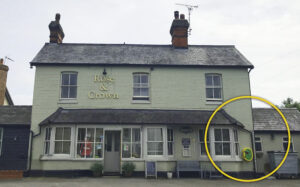
The Three Horseshoes Public House, Hazel End, CM23 1HB
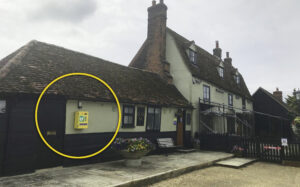
District Council Building, Hornbeam Way, Walpole Meadows
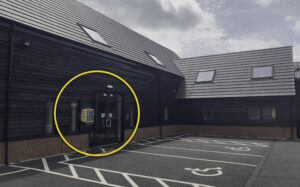
How to use a defibrillator
1, First perform a primary survey; Check for Danger, Check for a Response, Open the victim’s airway and check for breathing. Check for circulation.
2. If you then find someone is unresponsive and not breathing normally, ask a helper to call 999 or 112 for emergency help while you start CPR.
Ask a helper to find and bring a defibrillator, if available.
3. If you’re on your own use the hands-free speaker on a phone so you can start CPR while speaking to ambulance control.
Do not leave a casualty to look for a defibrillator yourself, the ambulance will bring one.
4. When the helper returns with a defibrillator, ask for it to be switched on and to take the pads out, while you continue CPR.
5. Remove or cut through clothing to get to the casualty’s bare chest. Wipe away any sweat. The defibrillator will give you voice prompts on what to do.
6. Attach the pads to the casualty’s chest, by removing the backing paper. Applying pads:
- The first pad should be on the upper right side below the collar bone.
- The second pad should be on the casualty’s left side of their chest, lined up just across from the arm pit.
7. Stop CPR and make sure no one is touching the casualty.
The defibrillator will analyse the heart’s rhythm.
It will then give a series of visual and verbal prompts that should be followed.
8. If the defibrillator tells you that a shock is needed, tell people to stand back. The defibrillator will tell you when to press the shock button.
9. After the shock has been given the defibrillator will tell you to continue CPR for two minutes before it re-analyses.
If the defibrillator tells you that no shock is needed continue CPR for two minutes before the defibrillator re-analyses.
10. If the casualty shows signs of becoming responsive, such as coughing, opening eyes or speaking, and starts to breathe normally, put them in the recovery position.
11. Leave the defibrillator attached.
Monitor the person’s level of response and prepare to give CPR again if necessary. – Source: St John’s Ambulance
Funding a defibrillator for your Area
The Department of Health and Social Care has £1million set aside in 2023 for Community organisations and individuals to bid for funding for a defibrillator in their area. Find out more at https://rb.gy/0mrin.
You can register an expression on interest in grant funding a community defibrillator by using the online form at https://rb.gy/o01s2
